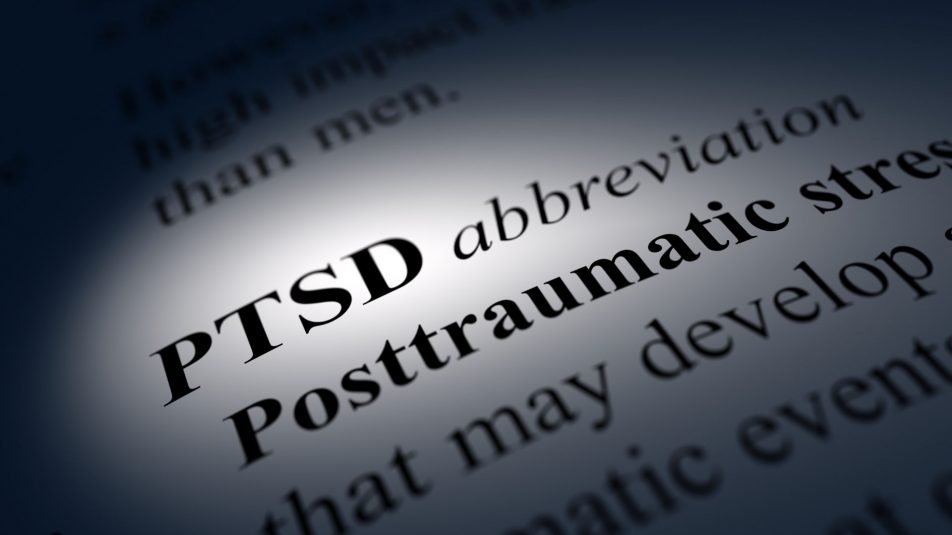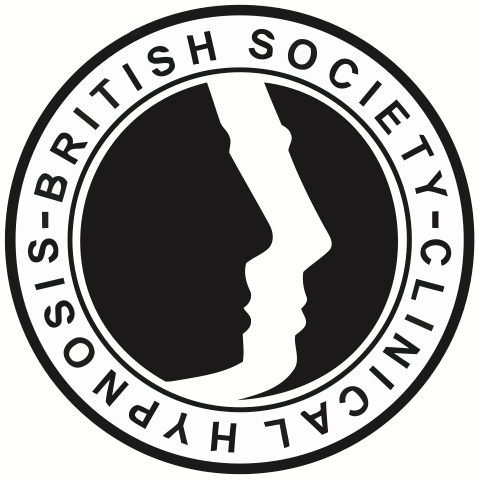What do you think of when you see the letters PTSD or hear the phrase Post Traumatic Stress Disorder?
Soldiers? War veterans? Victims of abuse, victims of war, torture, disasters, victims of horrific crimes or accidents?

Well you would be correct on all or any of the above. But there are other, perhaps less well known reasons why people can be affected by or suffer from PTSD.
Childbirth (birth trauma) bereavement, witnessing a crime, bullying, illness, surgery, neglect, and even watching certain videos, movies, surfing the internet and playing video games (particularly virtual reality) such as Call of Duty or Mortal Combat can all cause symptoms of PTSD.
Post-Traumatic Stress Disorder is the result of a trauma of any kind that has impacted your life either physically, psychologically or emotionally.
Your subconscious mind has one job really, which is to keep you safe and hopefully alive for as long as possible. Consequently, your subconscious mind will recall events that have been a threat or have posed a threat to your physical or mental wellbeing and replay them on a loop in the hope that you can avoid it happening again in the future.
The problem with this is that people with PTSD are in a constant state of fight or flight, and the body is just not designed for that. We are designed to produce stress hormones like adrenaline and cortisol in order to trigger a physical reaction in the body in order to deal with a clear and present danger or threat to safety.
Being in fight or flight helps numb the senses and dull pain, your heart rate quickens which increases oxygen flow to all your major muscles so that you can run faster, be stronger, react quicker, pain perception is lowered, and your hearing is sharper so that you can act appropriately and rapidly, without judgement, almost without thinking. At least that’s the idea and it works perfectly well, when you need it.
The tricky thing with PTSD is that your body and your brain with continual practice (mental rehearsal) fails to see that the threat has passed, or indeed that the perceived threat was not real in the first place (as in video games). And so there you are, in a constant state of living in the trauma, reliving it and preparing for it to happen all over again.

It’s not entirely clear why some people develop PTSD and others don’t. Symptoms can appear immediately after an event, days, weeks, months or even years later. In fact PTSD can show up so long after an event that some people can’t even remember the triggering event, or it has been so harrowing that it has been buried deep inside the unconscious mind and so you are unable to retrieve the memory even if you try.
PTSD can often be mistaken, and also misdiagnosed, for generalised anxiety and vice versa. And so, if you can’t recall a traumatic event but find that you are in a constant state of high anxiety, how do you know if you have PTSD?
Here are a few pointers:
- Disconnection. People with PTSD may find they have trouble communicating. They may feel unable or uncomfortable making small-talk, open up to friends or family. People with PTSD may experience an intense sense of disconnection from everyone and everything in their life.
- Insomnia and nightmares. Constant seemingly random nightmares or vivid recurring dreams of a traumatic event. Unable to fall asleep, restless sleep, waking during sleep, waking in the morning thoroughly exhausted.
- Avoidance. Avoiding events, crowds or situations that remind you of a trauma. Not to be confused with introvert personality types, some people just don’t like crowds!
- Random triggers. You might be walking along the road in a perfectly good mood when out of the blue you see, smell or sense something or someone unnervingly familiar. Without warning your mood is shot down in flames and replaced with an overwhelming sense of anxiety or panic.
- Easily startled. I’ve seen reels on social media where people play tricks (jump scares) on innocent passers-by and while this may be amusing for some, it can be utterly devastating for someone with PTSD.
- Guilt. Overwhelming feelings of guilt or shame even if the event was entirely out of your control.
- On guard. Constantly on the lookout for trouble, problems, disasters, liars, cheaters, scammers, burglars, terrorists. More than just a pessimist, but continually expecting impending doom.
- Self-sabotage. Drinking too much, turning to drugs, gambling, taking dangerous risks, losing interest in your health and wellbeing, sabotaging relationships, giving up on goals, giving up on life.
- Fear and Panic. If you have ever had a full blown panic attack you’ll know what it feels like. Heart palpitations, can’t catch your breath, sweaty and clammy, goose bumps, shivers, dizziness, feeling as though you’re going to die. Panic attacks and panic disorders can happen to anyone at any time, but they could also be a sign of PTSD.
Treatment options for PTSD
The main treatments for post-traumatic stress disorder (PTSD) are psychological therapies such as:
- Clinical Hypnotherapy
- Psychotherapy
- EMDR
- CBT
- Medication
Traumatic events can be very difficult to come to terms with, but confronting your feelings and seeking professional help is often the only way of effectively treating PTSD.
It’s possible for PTSD to be successfully treated many years after the traumatic event or events occurred, which means it’s never too late to seek help.
https://www.nhs.uk/mental-health/conditions/post-traumatic-stress-disorder-ptsd/treatment/
For further information or to schedule an appointment with Gail Marra, get in touch today:








